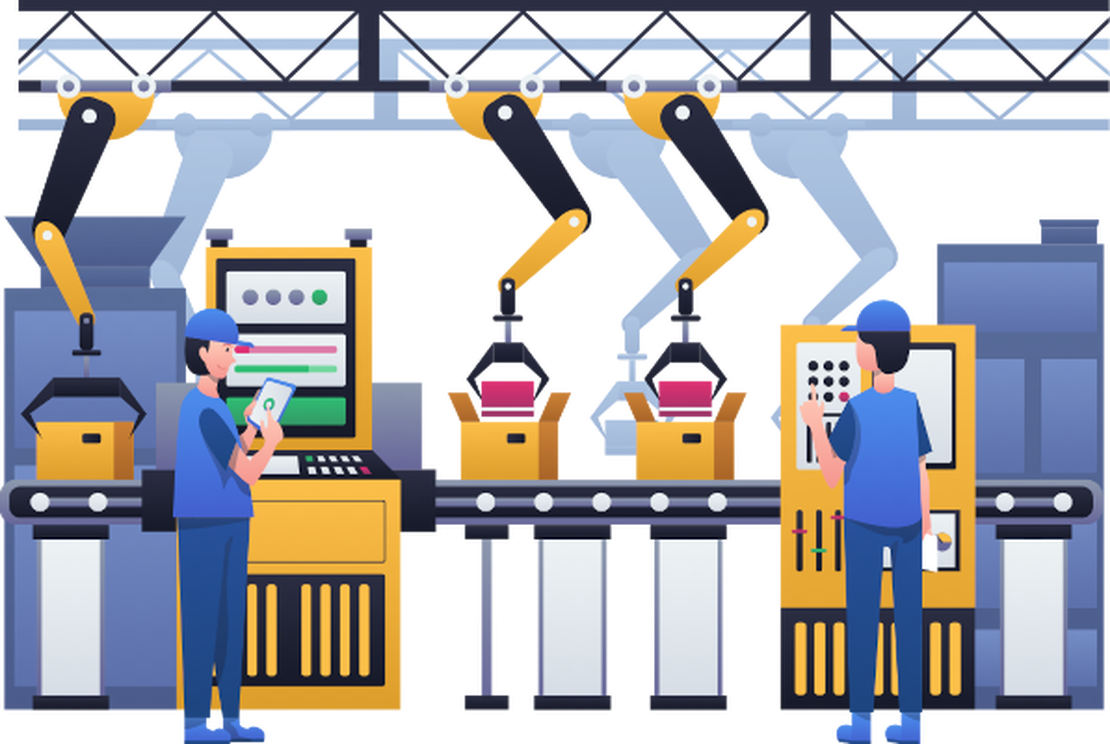ERP Implementation

Enterprise Resource Planning (ERP) systems are designed to streamline operations and enhance decision-making. However, a significant number of ERP implementations fail to deliver the anticipated benefits. According to McKinsey & Company, approximately 70% of digital transformations fail to achieve their goals, often due to a misalignment between the system and the organization’s actual needs.

“Xengineering” represents a synthesis of the challenges and solutions ORCADEA has encountered while working with various mid-sized engineering firms in Perth, Western Australia. These firms often carve a niche by delivering innovative, bespoke industrial automation projects. Renowned for technical excellence, they experience significant growth, attracting larger and more complex contracts. However, this success frequently brings forth a critical challenge – a growth paradox. The very expansion that signifies success begins to strain the company’s operational foundations, revealing deep-seated inefficiencies that threaten future scalability.

The business landscape is constantly evolving, and with it, the tools and technologies that businesses rely on. Enterprise Resource Planning (ERP) systems are no exception. Once confined to on-premise servers, ERP solutions are now rapidly migrating to the cloud. This shift is driven by a multitude of factors, including increased flexibility, scalability, and cost-effectiveness. In this article, we’ll explore why businesses in Perth, Western Australia, and beyond are increasingly adopting cloud-based ERP solutions like Odoo, and how this transition is reshaping the way they operate.

Manufacturing businesses in Western Australia face unique challenges—from supply chain disruptions and labour shortages to increasing operational costs. To stay competitive, manufacturers need a solution that integrates all aspects of their operations, streamlines workflows, and provides real-time insights.

In today’s fast-paced business environment, organisations must stay technologically up to date to remain competitive. Odoo, a powerful and flexible ERP system, provides businesses with an all-in-one solution for managing operations. However, many companies still rely on outdated Odoo versions, facing numerous challenges that hinder efficiency, security, and scalability.